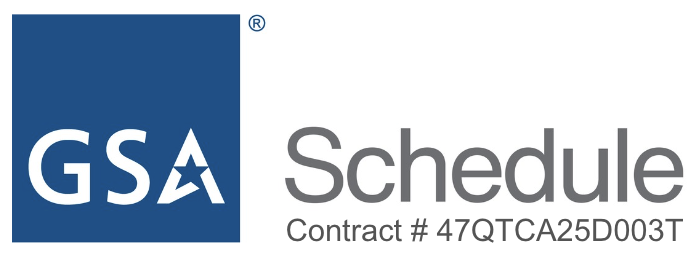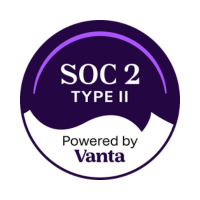
Veterans Day is a day to recognize the men and women who have selflessly served in our nation’s military, safeguarding our freedoms and way of life. As we mark this occasion, we must express our gratitude not just today, but every day, for their unwavering commitment and sacrifices.
A vital aspect of truly honoring our veterans is bringing attention to the pressing issue of mental health within this community. Addressing veterans’ mental health has become one of the most urgent and complex challenges faced by military families and society as a whole. As Veterans Day approaches, it’s important to shine a spotlight on the ongoing struggles and advocate for greater understanding and support.
The Mental Health Toll of Military Service
Veterans are at a significantly higher risk for mental health conditions compared to the general population. According to a recent Defense Health Agency report, there has been a 40% rise in mental health diagnoses among active-duty service members in the past five years, partly attributed to the COVID-19 pandemic and deployment stress.
A recently published article in the National Library of Medicine states that the most common issues veterans and service members face are PTS (post-traumatic stress) and depression. The research shows that about 14% to 16% of service members who served in Iraq or Afghanistan have faced one or both of these conditions.
Many veterans face traumatic brain injuries, substance use disorders, suicidal ideation, and intimate partner violence, serious issues that impact both them and their families. Beyond combat, military service includes stressors such as family separation and heavy responsibilities, which affect mental health for many service members. These challenges may arise during deployment or become apparent later, especially during the transition back to civilian life.
The Unique Nature of Military Trauma
Military service exposes individuals to trauma that is often prolonged, repeated, and intense. Unlike single-incident trauma, service members may experience multiple episodes during deployments, leading to complex psychological wounds. Combat exposure, witnessing the death or injury of fellow service members, and surviving mortar attacks or improvised explosive device blasts all contribute to the development of PTS. Because veterans often face unique challenges that impact their mental health, support must meet them where they are. This raises a critical question: how can we meaningfully serve veterans this November?
Below are some ways that we can serve our veterans:
- • Volunteer at VA hospitals or veterans’ shelters to provide companionship and support; your presence can brighten a veteran’s day during difficult times.
- • Help with tasks like visiting patients, running errands, assisting with recreational activities, serving meals, or donating goods to food pantries.
- • Participate in military holidays and veteran events, such as Veterans Day parades or wreath-laying ceremonies, to show public support.
- • Check in on military families to offer help and reassurance.
- • Listen to veterans' stories and consider inviting veteran speakers to events for awareness.
- • Donate to veterans’ charities like Wounded Warrior Project, which supports mental health, physical wellness, peer support, and financial education.
A Day of Reflection, Gratitude, and Action
Veterans Day is more than a celebration; it is a day of mixed emotions. For many, it brings pride in service alongside memories of sacrifice, separation, and the unseen toll of duty. It is also a time to honor the families and communities whose quiet strength helps veterans heal and thrive.
But reflection alone is not enough. Veterans Day is a call to action, a reminder that our duty to those who served continues long after the parades end. Many veterans still face daily battles with mental health, transition, and belonging. Supporting them is not just gratitude; it is a national responsibility.
This Veterans Day, listen, learn, and lend your support. Stand with organizations providing care and help create a culture where veterans feel safe seeking help and finding hope. Honoring our veterans means ensuring they have the respect, resources, and community they deserve—every day of the year.
Mental Health Resources and Support
A wide range of veteran-focused mental health resources are available.
- • Veterans Crisis Line: Call 988 and select 1, text 838255, or visit for confidential, 24/7 support.
- • VA Mental Health Services: Provides comprehensive care for PTS, MST, depression, grief, anxiety, and more.
- • Wounded Warrior Project: Offers programs and retreats, including workshops and personal counseling for PTS, anxiety, MST, and traumatic brain injury (TBI).
- • Vet Centers: Specialized community-based counseling for veterans and their families.
- • NAMI and Bob Woodruff Foundation: Educational materials, podcasts, and videos to support veteran mental health journeys.
More for Your Mental Toolbox

The Silent Battle: Understanding Moral Injury in Our Military and Veteran Community
Moral injury is a deep psychological wound from actions violating core values, distinct from PTSD. It causes guilt, shame, and distress, but therapy can help with healing.
Read more →
The Unsung Heroes: Military and Veteran Caregivers
Military caregivers, or "Hidden Heroes," provide unpaid support to wounded veterans, facing financial strain, stress, and isolation. Better resources and recognition are needed.
Read more →








